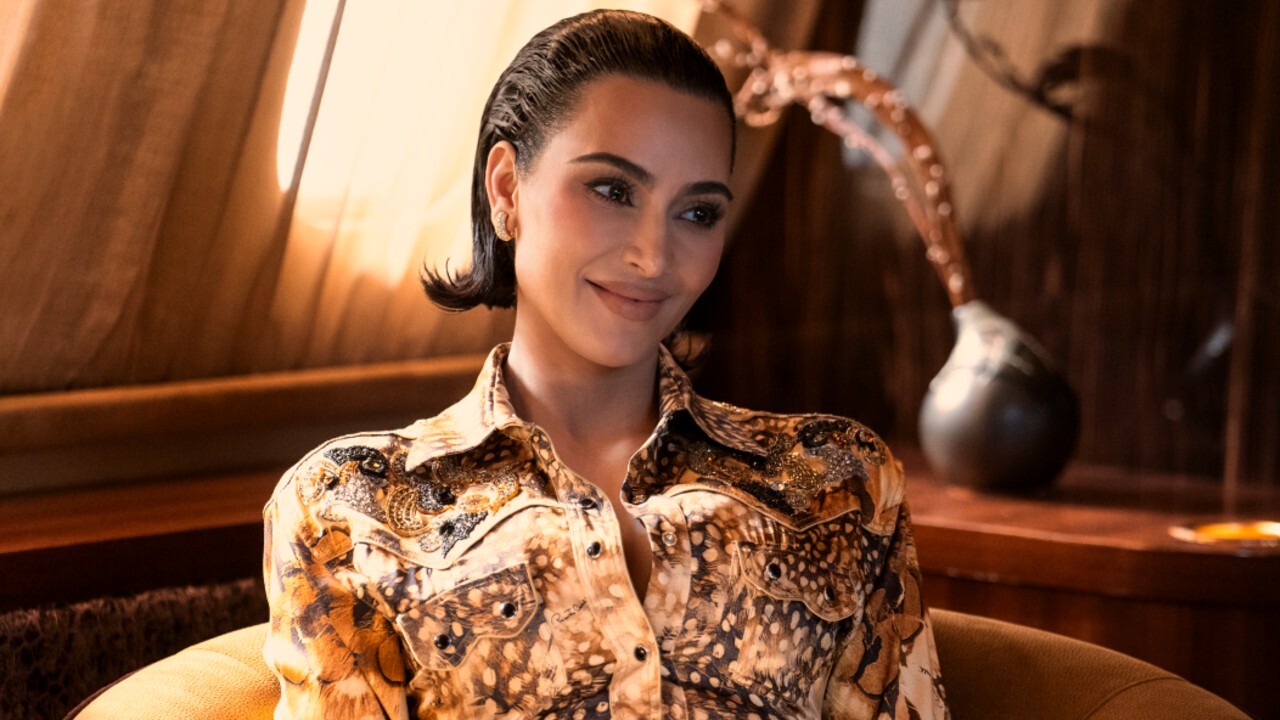10 Reasons Why A Jaws Remake Should Never Happen
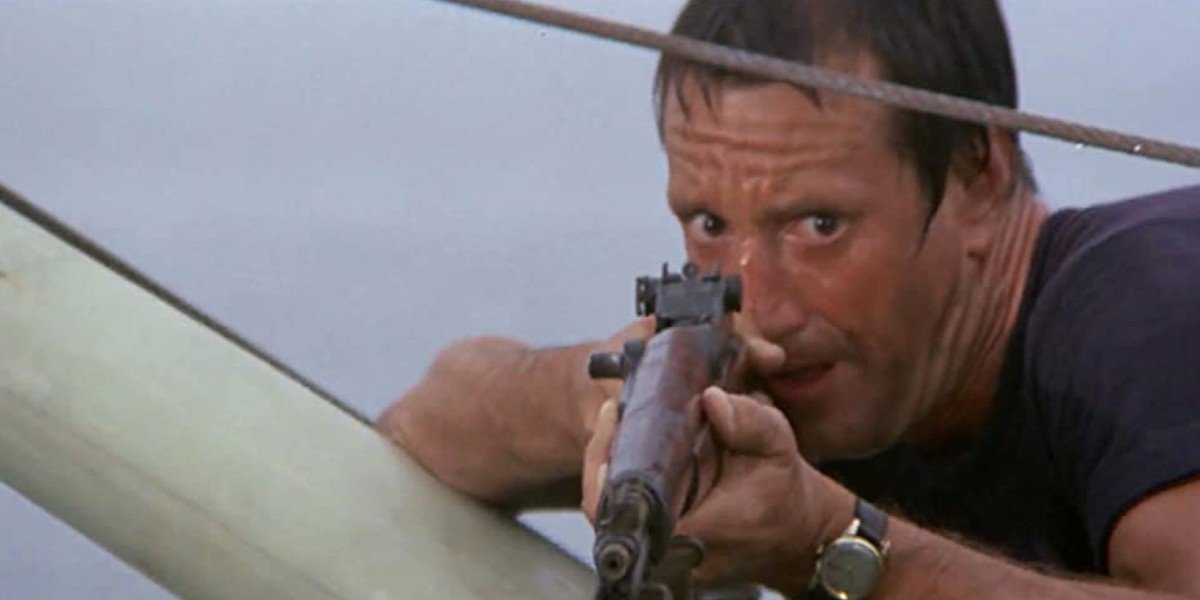
Jaws recently celebrated its 45th anniversary of terrifying people from stepping foot in the ocean ever again. I don’t think I have to spell it out, but I will: Jaws is a classic (some might even say legendary) movie that broke box office records and inspired countless movies. It’s still celebrated today by many movie fans and critics.
As with most old, popular movies, occasionally news surfaces of studios plotting remakes. As it so happens, earlier this year, a report appeared on We Got This Covered about a potential Jaws remake in the works, supposedly with Steven Spielberg producing. While this report hasn’t been confirmed, it’s best to just be proactive and stake a claim right now--a Jaws remake should never happen. Here are 10 reasons why.
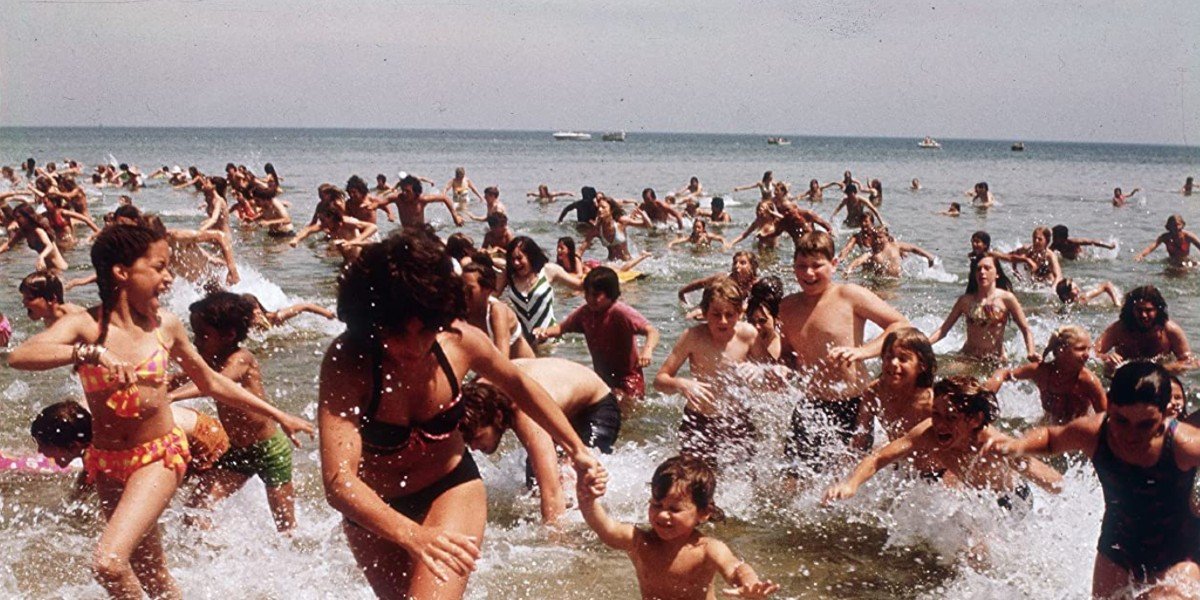
It Was Lightning In A Bottle
When Jaws released in the summer of 1975, it was a massive success, earning $470 million dollars on a $12 million dollar budget, becoming the first summer blockbuster. But here’s the thing, no one planned this and no one expected it. By some magical happenstance, it just happened and captured the imagination like most filmmakers dream of doing.
It’s next to impossible to recreate that same experience, same level of zeal and same eagerness to see a fresh and exciting new movie with a remake. Sure, a Jaws remake could have incredible special effects, but when all is said and done, it can’t bring back the magic the original delivered in 1975. That has come and gone, so it's likely not happening again.
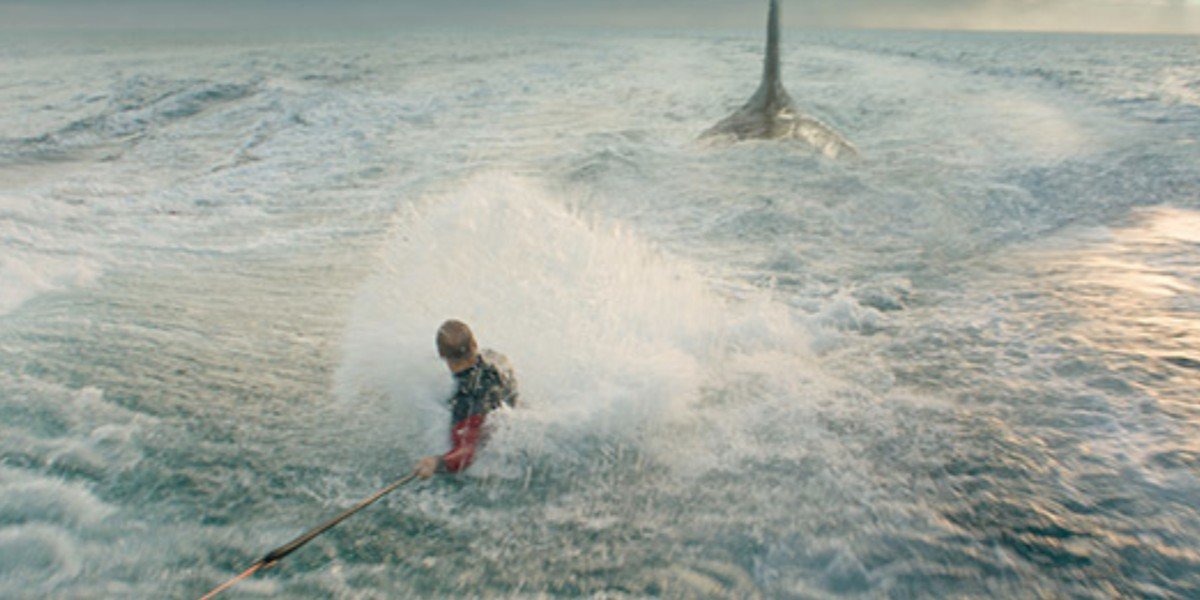
Shark Movies Have Already Been Beaten To Death
Jaws inspired an enormous wave of shark movies; a few have been good, some have been bad, but most have been ugly. From more grounded features like The Shallows and Open Water to the insanely bonkers Sharknado, we’ve been given a fairly consistent dose of shark movies over the years.
Before Jaws released in 1975, shark movies were a rarity. The Sharkfighters, first released in 1956 about the USS Indianapolis sinking in shark infested waters, is the closest shark attack movie to come out before it. In fact, Steven Spielberg alludes to this movie in Jaws with Quint’s iconic speech.
Now shark attack movies aren’t rare at all; they’re common and increasingly preposterous. Jaws had the benefit of telling a story that was relatively fresh and new. Today, a Jaws remake would only be white noise surrounded by a horde of shark movies before it.
Your Daily Blend of Entertainment News
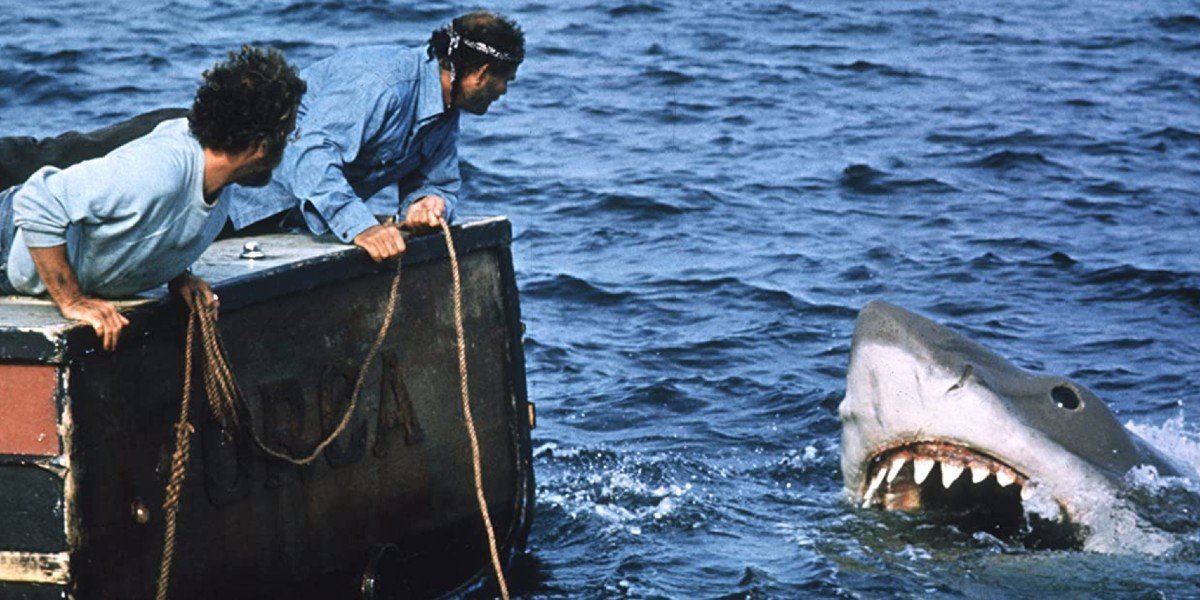
The Technical Limitations Made Jaws Better
Usually the “remake” talk happens because a movie is old, i.e. made with outdated cameras, sets and special effects. As the reasoning goes, why not make an update with all the new, fun toys? Of course, for Jaws, the first thing that comes to mind is to replace the robotic shark with a CGI-version, but I think this is a mistake. I’ll admit, updating from practical to digital effects sometimes makes sense, but for Jaws, it’s the opposite.
Initially, Steven Spielberg wanted his animatronic shark to be seen in a majority of Jaws, but his team had so many technical problems with it, he opted for using the camera as the point of view of the shark for most of those scenes instead. That little change helped the movie create tension. Eventually, the tension is broken by the third act when we see more of the shark, but even then we barely see the creature at all. When we do, we’re so tense, a fake robotic shark is still crazy scary.
Chances are this wouldn’t happen again in a Jaws remake. The temptation to use CGI would be too strong. After all, even Steven Spielberg admits he would use CGI if he could. In my mind, this ruins the magic of the original. Even if they limited showing the CGI shark until the third act, it’s arguable at the subconscious level that a CGI shark wouldn’t really improve what makes Jaws so special. Besides, we’ve already seen what CGI sharks can do in The Meg, The Shallows and 47 Meters Down, and it’s not that impressive.
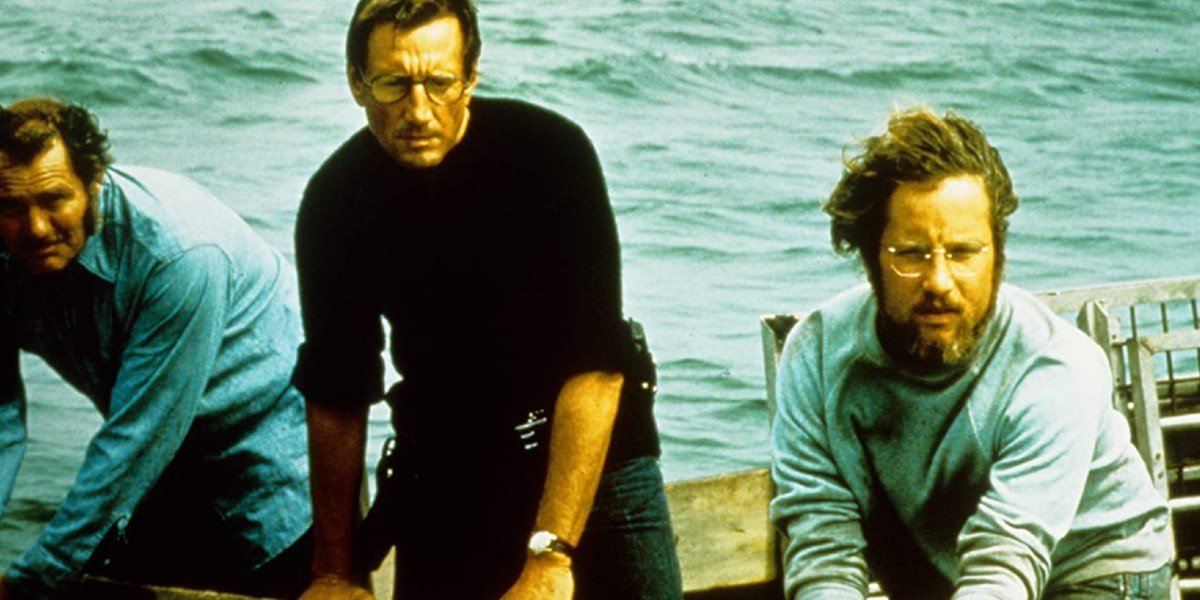
The Acting Chemistry Is Hard To Beat
How do you even begin to recast Brody, Hooper and Quint, respectively played by Roy Scheider, Richard Dreyfuss and Robert Shaw? Not only were their individual performances incredible, but the chemistry between the three would be almost impossible to recreate. I find it hard to believe you can recast the characters and then ask the actors to put their own spin on it, and come out with a better result. It could happen, sure, but the weight of greatness might be too much to overcome.
Part of the chemistry between the three actually came out of real, behind-the-scenes fighting between Richard Dreyfuss and Robert Shaw. They clashed with each other endlessly, with Robert Shaw taunting and antagonizing Richard Dreyfuss. This turmoil bled onto the set and fueled many of the heated scenes between the two actors, making their performances even more believable.
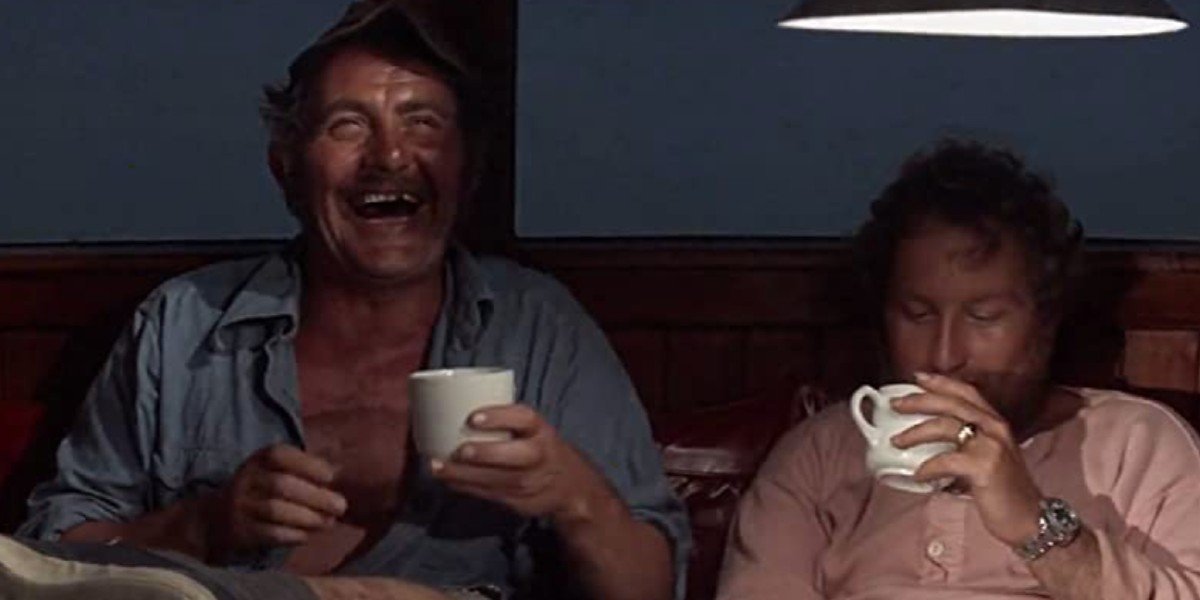
Its Story Doesn’t Fit Today’s Typical Blockbuster Model
Jaws is somewhat ironic. Though it is the grandfather of blockbusters, it doesn’t fit today’s blockbuster mold. Most modern blockbusters either have a mix of quiet moments with even more fast-paced and intense moments, or they’re high-octane intense with the occasional quiet moment. At their very worst, they’re all intensity, action and explosions with no time to pause.
Jaws is a slow burn story. With each scene, it builds conflict and tension through dialogue and the occasional shark attack. Most of the conflict in the first two acts is Brody and Hooper trying to convince the mayor to shut down the beach and hunt down the shark. The third act has the most action. Even then, it’s slow in comparison to today’s blockbuster standards, with long, yet awesome scenes of Brody, Hooper, and Quint laughing, singing songs and having true character moments. Slow burn movies rarely, if ever, become blockbusters today. Audiences don’t have the patience for it anymore.
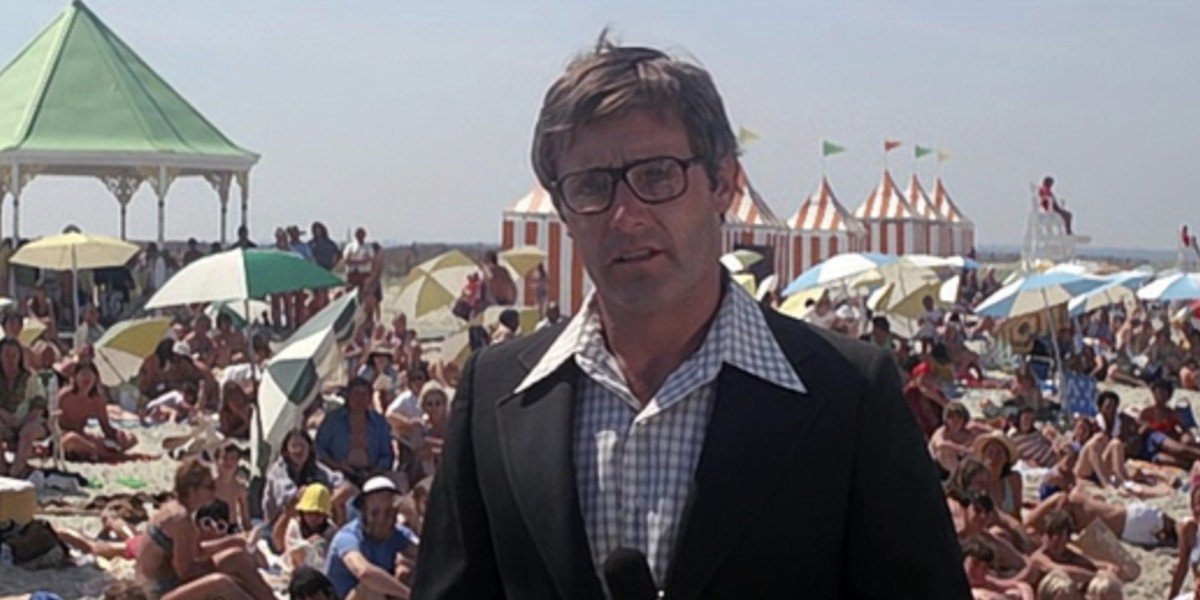
Telling The Same Story Won’t Be Fresh
Remaking a classic movie requires a balancing act, one that results in most filmmakers tripping and falling. You can stay close to the original story to please fans and create a totally different take, or try a hybrid of the two. It’s highly likely most Jaws fans will want the original Jaws story. So if a studio decided to rehash the same story, it runs into two problems. First, Jaws’ slow burn story could bore a larger audience. Second, the same story could ultimately feel stale and pointless to diehard fans.
The Psycho remake comes to mind in this case. Gus Van Sant did a shot-for-shot in his version, but with nothing new to offer, the whole thing feels like a pointless endeavor. When wanting to see Psycho, does anyone even consider the remake? It’s doubtful.
So filmmakers could play it safe and try to emulate the classic Jaws story, but it would only become a soulless shell and make everyone wonder why they aren’t just watching the original.
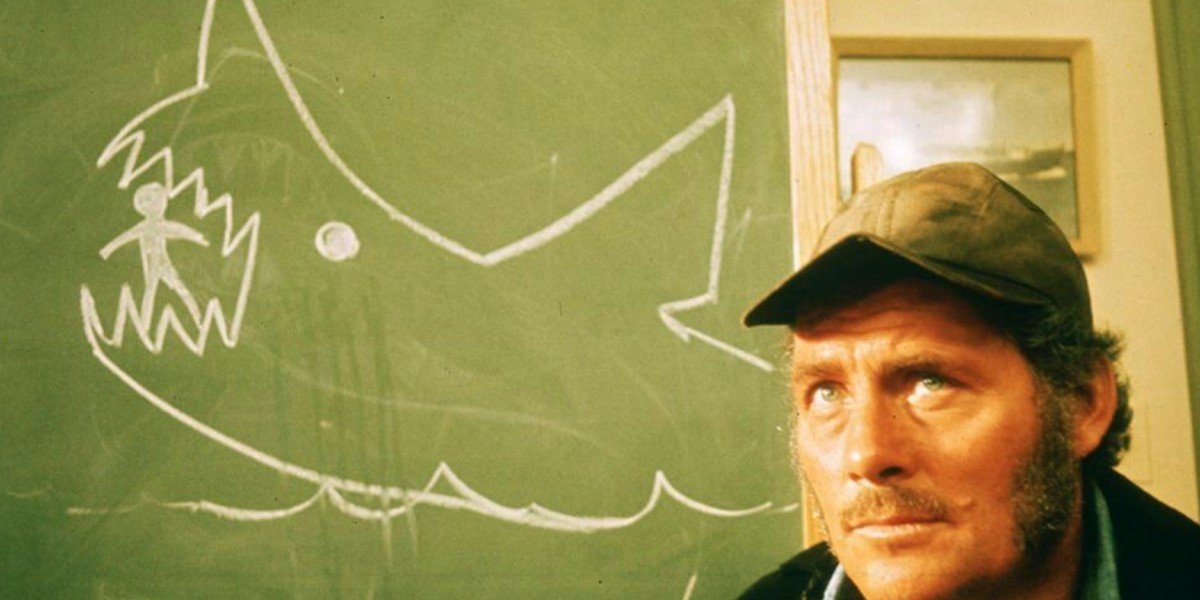
A New Story Won’t Be Jaws
In the early stages of the Jaws script, Peter Benchley, the author of the novel, wrote it very similar to the novel. When Steven Spielberg came on and read that draft, he thought the characters were too unlikable and made drastic changes. So the movie veers away from the novel quite a bit.
Arguably, if you wanted to remake Jaws, you could take a Coen brothers approach and become hyper-focused on staying faithful to the source material, like they did with True Grit. But this would likely rub fans the wrong way. Most people remember Jaws from the movie, not the novel. A recreation of the book might just end up losing everyone and make the audience hate the characters and the story.
A good example of this happening is the panned remake of Arnold Schwarzenegger’s classic Conan the Barbarian. They tried to stay more faithful to Robert E. Howard’s source material, but its overall sloppy and dated storytelling, not to mention obsession with special effects, didn’t win anyone over. So, in my mind, this is a no-win situation. If you recreate the original shot-for-shot, you risk being stale and tired. If you become inventive, you tread out into rocky waters fraught with all kinds of terrors. Most audiences will likely not be happy with either result.
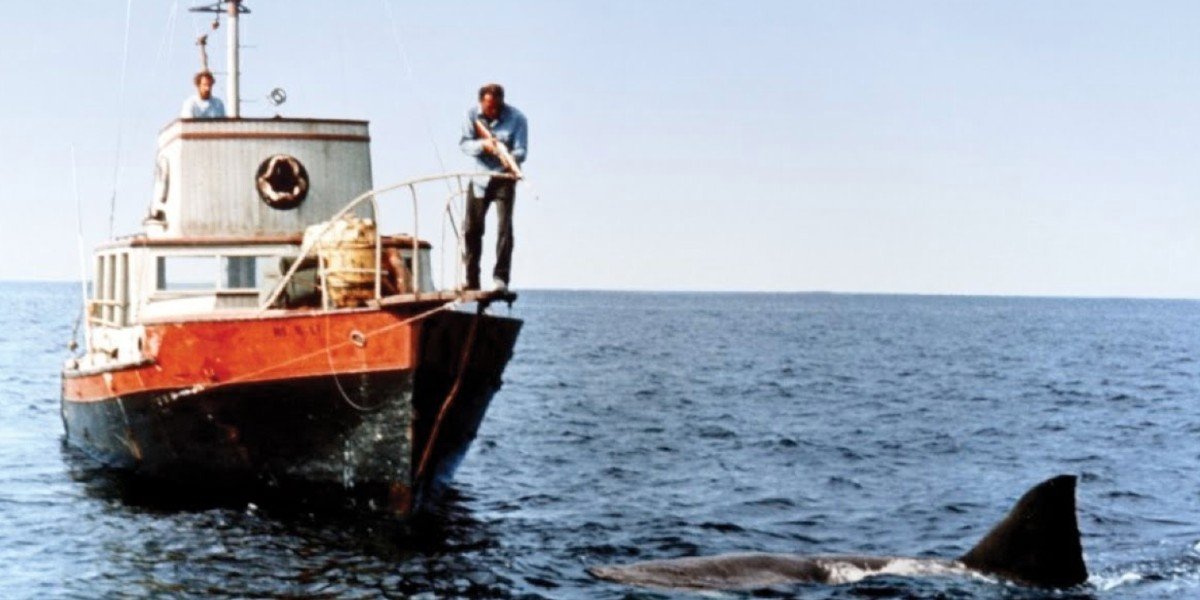
It’s A Classic That Can’t Be Topped
Jaws isn’t your typical old movie that needs a makeover; it’s a classic. Not only did it create the modern summer blockbuster, but it also won three Academy Awards (one of which was for John Williams’ iconic score), as well as was nominated for Best Picture. There are so many great scenes, wonderful lines and little details that make it great, and even though it’s 45 years old, it still gets rewatched more than a lot of movies.
With such a heightened story in the consciousness of cinematic culture, how in the world could a remake ever top it? And if it can’t, why should it be made if it can’t make improvements? What purpose does a remake really serve?
RoboCop is a painful example in this case. The remake tried to recapture the 1987 classic, but only ended up coming across as a more soulless and boring take with nothing new or better to offer other than updated special effects, which is a fairly common result with remakes. Jaws is a classic that sets the bar too high. Anyone trying to take a crack at it would likely fail to overcome the obstacles.
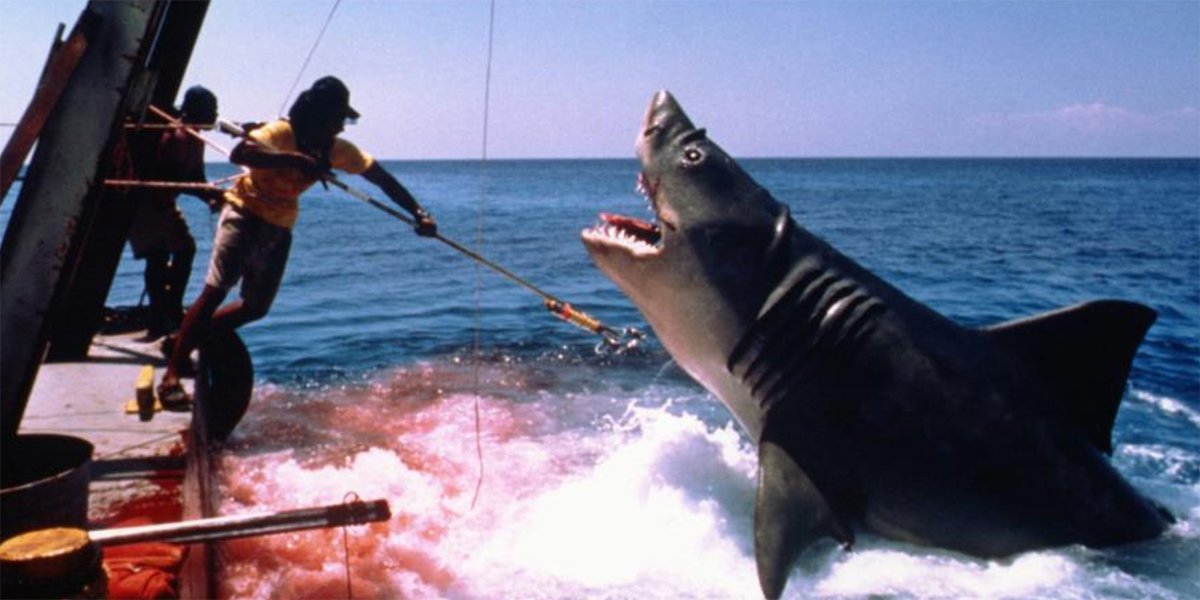
The Sequels Tried Already
Universal Pictures tried to recapture the magic of Jaws with three sequels, with each becoming more pointless and embarrassing than the last. The studio finally realized its efforts were in vain after the critically panned Jaws: The Revenge, and hasn't returned to the franchise since.
While I understand sequels are a different beast than remakes, I think they stand as proof a remake would fail. Sequels are a continuation in a story, but audiences also expect them to be an improvement on what came before. Sequels have a tough balancing act, like remakes, of alluding to the past while pointing toward the future. Most sequels do the opposite.
The Jaws sequels didn't seem to want to be an improvement or a continuation; they just wanted to throw more cheap thrills at the audience. They wanted to be Jaws again. Jaws is just too hard to top and improve on, though. So with too much to live up to, they grabbed at low-hanging fruit and created thrills, but without the quality, character or storytelling that made Jaws great. By Jaws: The Revenge, they officially jumped, well, the shark. A Jaws remake would likely do the same thing, but this time rather than pretending to have a new story, they would likely just recreate the old one, but with CGI-sharks and more jump scares.

It Just Casts Too Long Of A Shadow
In some cases, it’s been so long since an original movie was released that a remake can exist outside of the original’s shadow and become its own thing for a new generation and audience. Sometimes the remake is an even better version. 1959's Ben-Hur was a much improved remake of a silent black-and-white version, Brian de Palma’s Scarface is a remake of the 1932 film and The Thing is a remake of a 1950s horror film. So it’s not like it’s impossible for a remake to ever do well.
But that's not the case with Jaws, which casts too long of a shadow even after 45 years. A remake wouldn’t have the benefit of getting outside of its shadow. On the contrary, it would be overshadowed and in too deep, with critics and fans holding it up against the legendary shark classic.
Remakes should always prove they have a reason to exist outside of making money. In this case, there’s little reason for a Jaws remake to exist. Fans can go back and rewatch the classic and still be satisfied with it.
Jaws is a definitive shark attack movie that all other shark attack movies, and even some non-shark attack movies, have tried to emulate in some form or another. It’s not perfect, but it doesn’t have to be. It was a 'lightning in the bottle' movie that saw overwhelming success critically and financially, and any attempt to recreate that is doomed to failure, as seen by the subsequent sequels. While I understand the temptation to recreate it for modern audiences, I think it’s best to just leave Jaws alone and swim into less treacherous waters. Let us know what you think in the comments below.

